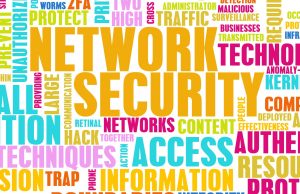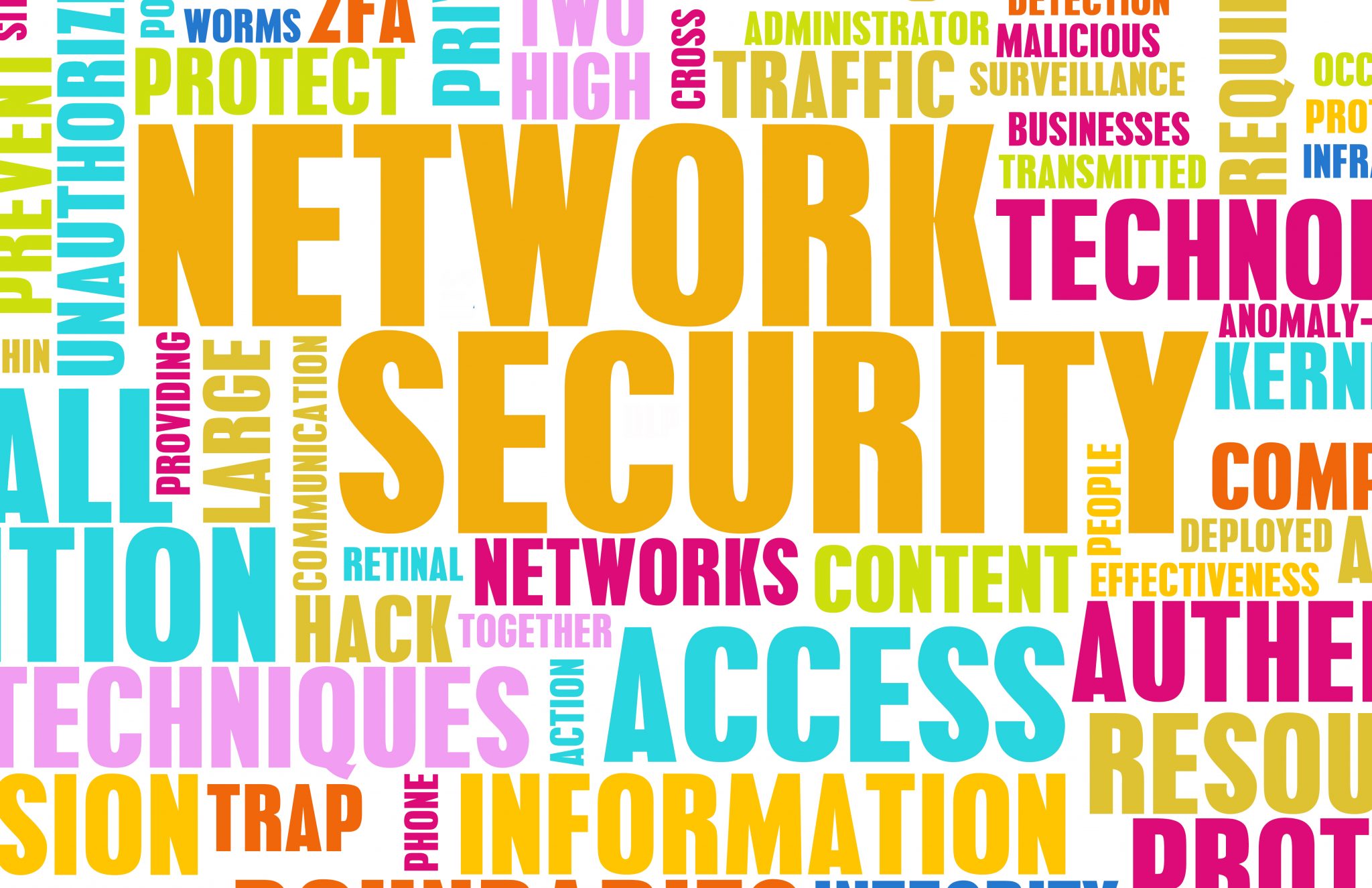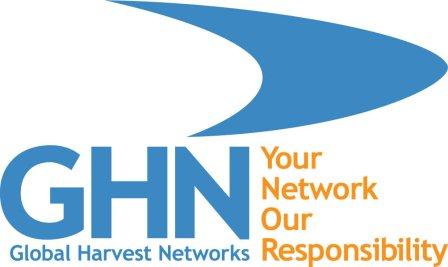
The word “malware” is short for malicious software.
The word “malware” is short for malicious software. The goal of this malicious software is to infiltrate an honest user’s computer or other device in order to inflict some sort of harm. Malware comes in a dizzying number of forms: viruses, worms, Trojans, spyware, and many, many more. It is extremely important that consumers learn how to detect these and fortify themselves against malware, whatever form it happens to take.
The most common form of malware is computer viruses. Viruses spread through computer systems spread similarly to the way they spread in humans’ systems: they make copies of themselves. Worms are also quite common and work in much the same way. Malware is pretty much named according to what they do. For example: spyware is malware that infiltrates a system and steals personal information, like contact information and credit card numbers.
Criminal Activity
Once upon a time, malware was created by teenagers who wanted to play some really bad tricks. Nowadays, the various forms of malware have turned into a thriving criminal enterprise, designed by and for professional criminals.
There are a number of different ways that criminals use malware. Probably most notable, and most profitable, is ransomware. This is a tactic where criminals infect a computer’s system and lock the user out of the data, the criminals will then demand ransom from users to re-gain access to their data.
The biggest threat cybercriminals pose to computer users is stealing bank information. When a computer is infiltrated, the hackers have access to bank accounts, credit card accounts, and passwords. They can then drain your accounts and run up fraudulent charges, and may even sell your information on the black market. Selling sensitive, confidential information is a huge money-maker for cyber criminals.
How to Protect Your Computer Against Malware
Don’t fret! You can keep your computer and your network protected from these vicious malware attacks. This is done with a combination of personal vigilance and anti-virus software. Quite possibly the most popular way to send malware is through email. These messages are usually disguised as communication from a bank or other familiar company, or even just an email from a friend. Beware of any emails that ask for a password. Some of the emails may look like they came from a friend, but just say “Check this out!” with a link should be suspect too.
Being careful unfortunately only goes so far. This is where anti-virus software comes in. These programs are constantly checking your system for malware. Do your research to find the right anti-virus software for you.
IT Solutions and Network Protection from Global Harvest Networks
Global Harvest Networks has been working for the Washington D.C., Maryland, and Virginia areas since 2000 and we’re ready to lend our expertise to you! We offer a wide range of IT solutions that can tackle any and all of your network’s needs. Please don’t hesitate to contact us so that we can help you! You can also give us a call at 410-691-1130. We’re ready to assess your system, diagnose the problem, and help you find a plan that will strengthen your network all free of charge! For more information on the latest things you should protect your system from, follow us on Facebook, Twitter, Google+, LinkedIn, and YouTube.


